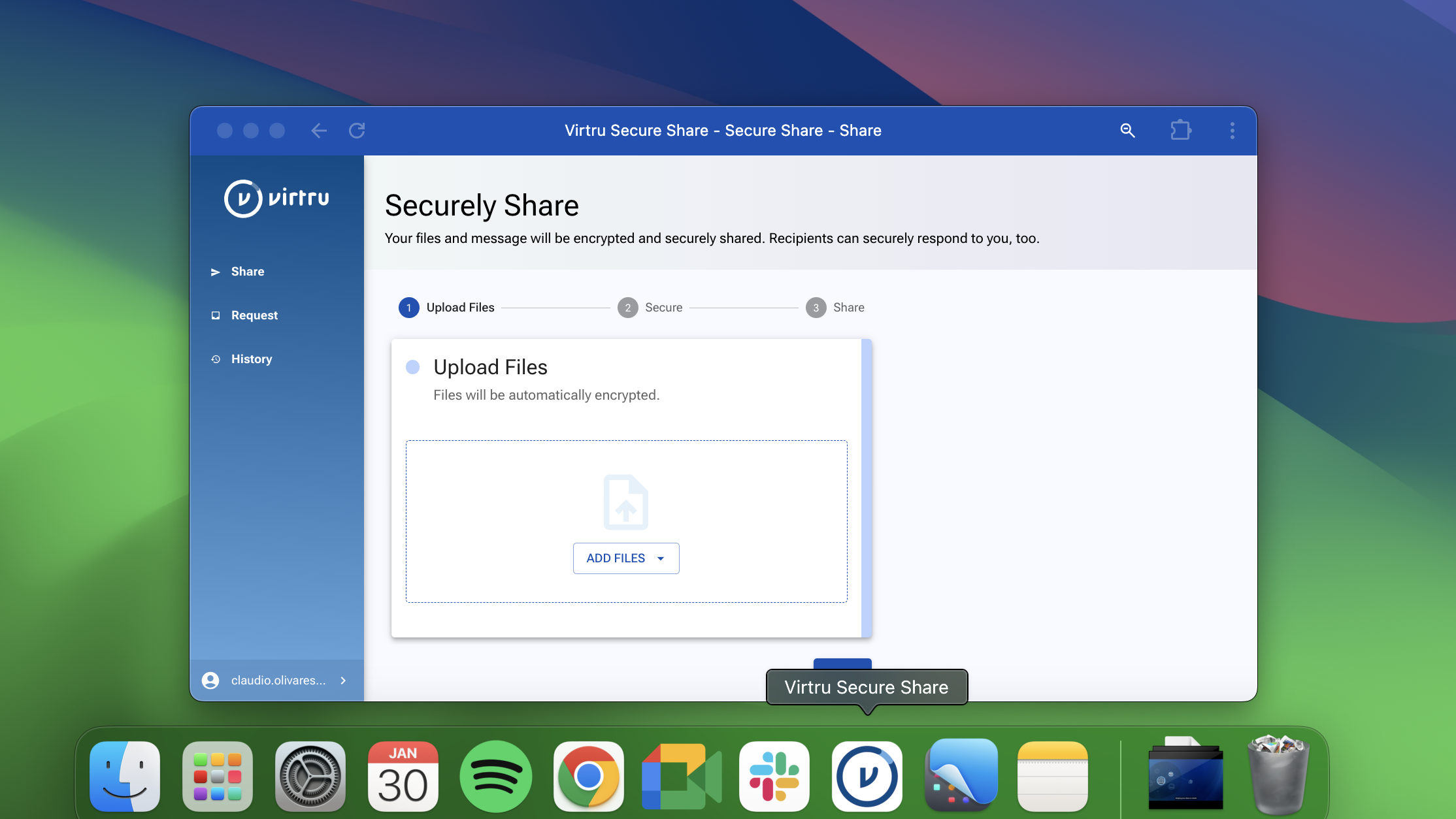TABLE OF CONTENTS
See Virtru In Action

Sign Up for the Virtru Newsletter


Modern warfare takes shape in many ways. Even in the past year alone, global attacks have manifested in physical, on-the-ground conflict; cyberattacks on critical infrastructure; malware and ransomware attacks to gain access to vital sensitive data; social media disinformation campaigns; and many other scenarios.
In wartime, national security is of the essence, not just to physically protect our nation and its allies, but also to protect the critical data that underpins day-to-day life.
With the Ukraine conflict, we see attacks on several fronts, including phishing and malware attacks aimed at military and defense personnel. As Jessica Dawson and Brandon Pugh highlighted in a powerful op-ed, military service members are now being actively targeted for their data — and the impact can be catastrophic, especially when connected with other personal information. Dawson and Pugh write, “Linking biometric data and even publicly available information with service data creates a target of opportunity for malign actors looking to identify and target service members and their families.”
A 2023 study by Duke suggests that extremely sensitive personal data for active and veteran U.S. service members is shockingly easy to buy online for just pennies per person through shady data broker sites.
Military service members give so much to protect our country and our global allies. But the question remains: Are we doing enough to protect them? To protect their privacy and their own personal data?
Stronger security is within reach, and it’s urgent that we act quickly to protect the data and privacy of our military service members.
As Dawson and Pugh rightly point out, the lack of federal privacy legislation means that personal data can be bought and sold without consequence — and when it comes to individuals who put their lives on the line to protect our country, safeguards should be in place to maintain their right to privacy and, as a result, fortify military data security.
The U.S. lags far behind other nations in data privacy regulation. Federal-level privacy protections are long overdue, particularly as we seek to fortify our nation’s digital security.
Data can be difficult to protect because it’s not just located in one place. It’s everywhere — and it’s always moving. Data evolves, and it’s shared between individuals and their families, friends, workplaces, professional networks, physicians, and any number of other entities.
Data should be protected in transit and at rest. A practical way to achieve this is to apply comprehensive security, such as encryption, to emails, files, and any other communications containing sensitive data.
This is the aim of Zero Trust security, which has been a primary focus for federal agencies since last year’s Executive Order on the Nation’s Cybersecurity. Giving military personnel and veterans the tools to protect their own information on commonly used digital platforms can go a long way toward strengthening data privacy and security.
In addition to strengthening national security, protecting our military service members’ private data is a way to respect their contributions, their commitment, and their personal safety. In an environment where cyber attacks are quickly becoming more sophisticated and more targeted, we have to take action now to ensure that personal and professional data does not become compromised, whether via social media, email, or other digital channels.
Respect and security go hand in hand, and it’s urgent that we prioritize both. The cost of not doing so is far too high.

Megan is the Director of Brand and Content at Virtru. With a background in journalism and editorial content, she loves telling good stories and making complex subjects approachable. Over the past 15 years, her career has followed her curiosity — from the travel industry, to payments technology, to cybersecurity.
View more posts by Megan LeaderSee Virtru In Action
Sign Up for the Virtru Newsletter











Contact us to learn more about our partnership opportunities.